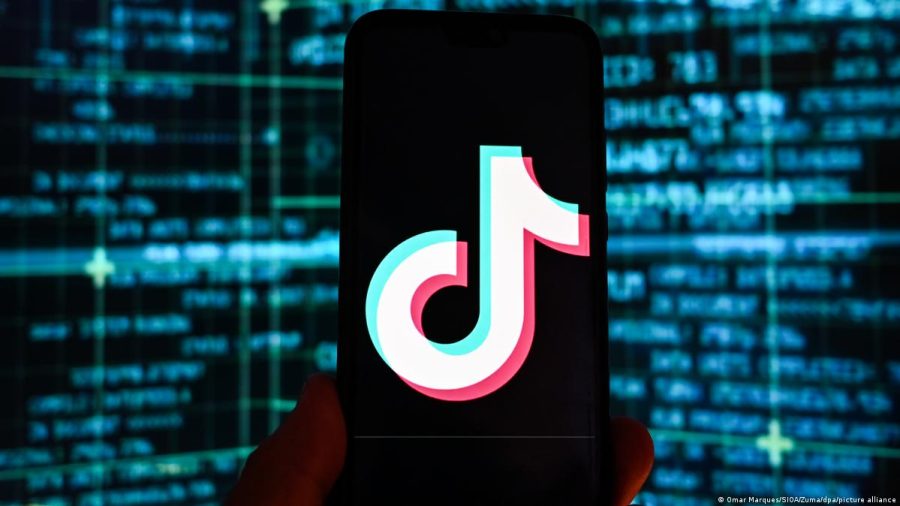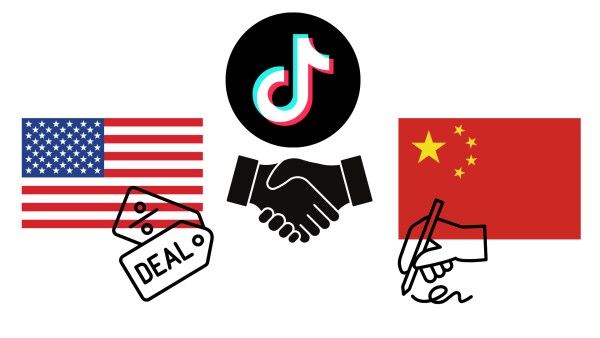Recent cybersecurity risks have led to bans of the app “TikTok” on government devices
Recently, there has been a lot of talk around the app TikTok, as concerns such as where, when, how long it’s being used, and who is using it spark major conversations within the government.
TikTok is an app founded by Zhang Yiminga that has been taking over the internet for some time now. It is a video-sharing app allowing users to create and share videos anywhere from three seconds to 10 minutes. It has over one billion monthly users worldwide and is ranked the seventh-largest social media platform.
Concerns around TikTok were first brought to the attention in 2022 by former President Donald Trump; not long after Congress made its first ban on federal government devices. Shortly after, at least 44 states followed suit, along with at least 12 higher education institutions.
It was brought to attention that TikTok could potentially threaten certain cybersecurity. ByteDance, a Chinese internet technology company owns the app. Questions were raised about the Chinese government accessing user data, including those of Americans. ByteDance even admitted in Dec.2022, that four employees had improperly accessed information on some Americans’ accounts.
Another problem is how TikTok’s algorithm, which decides what users see, could be manipulated and used to spread disinformation, such as possibly influencing the U.S. public about specific issues.
With all of this information, TikTok has been blocked on almost all government-owned equipment, including technology such as computers and cell phones. Universities have gone as far as blocking the domain so the app cannot be used on school wifi.
“To ensure government employees are not downloading or using TikTok, some states have implemented ‘identify, track, and control’,” Bloomberg Law said.
Despite all of this talk about banning the app, rest assured that accessing it on one’s personal devices and own Wifi will not go away. An outright ban of the app so far seems to be protected under the First Amendment., meaning the government can not take away the app for everyone.
“It makes sense that the government would ban something that is a potential cyber risk, but it’s crazy to think that an app created for entertainment purposes can be turned into something used against average U.S citizens just trying to have fun,” junior Elijah Howard said.
With this one ban, it is possible that other similar apps could be brought into the discussion; however, right now it seems to be just TikTok facing these issues. TikTok has even responded saying the bans are “misguided” and attempting to persuade government officials to change their actions. Spokespeople for the app have said they are disappointed to see so many organizations jumping to conclusions all based on false information.

Lily is a senior at Niles North. She is on varsity debate, in environmental club, and has been writing for NSN since freshman year.








Cynthia Fey • Mar 24, 2023 at 9:34 am
Um…don’t most apps gather information from their users? Aren’t dating apps taking much more personal info? Is there an anti-China sentiment fueling this special spotlight on TikTok? Do you know where I learned to ask these questions? By watching the clueless congressional grilling of the TikTok exec…on TikTok.